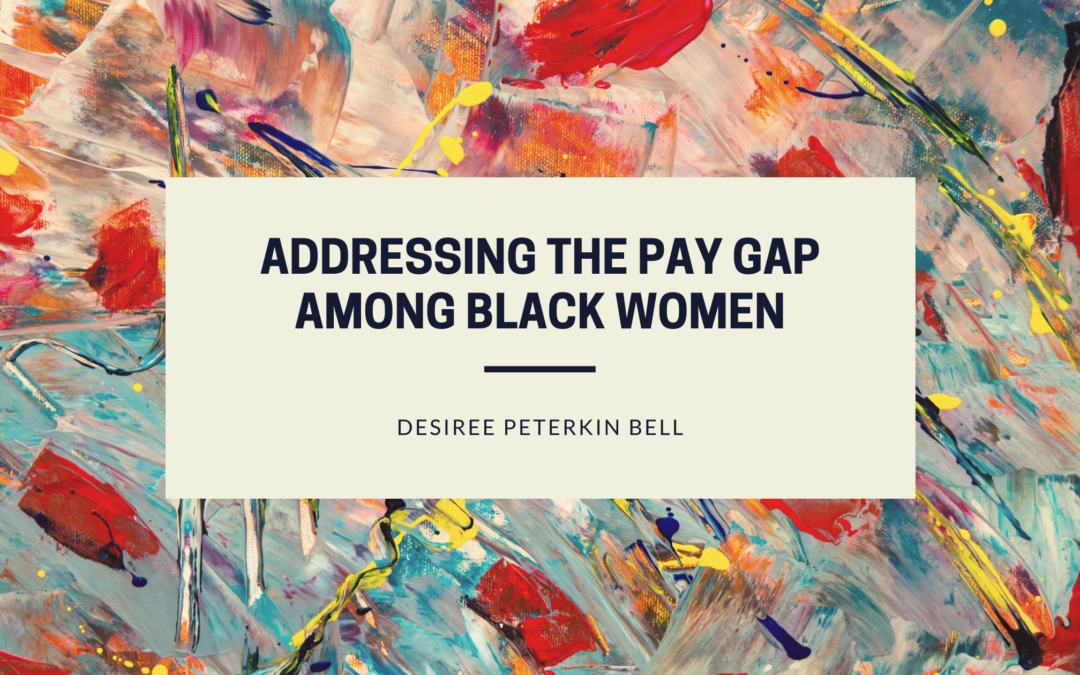Current figures reveal that women overall get paid 82 cents for each dollar than men earn. However, this picture is misleading because Black women only earned 63% of what non-Hispanic white men made in 2019. Put another way, Black women need to work 19 months to achieve what the average white man makes in just one year. The pay gap among Black women has several factors.
Intersectionality
Pay discrimination hurts women overall, but add to that being a woman of color. While racism and sexism have distinct manifestations, their effects add up when a woman experiences both simultaneously. Intersectional inequality leading to pay gaps puts additional strains on Black women in limited educational opportunities, unequal pay, and hampered career advancement.
Education
While education can be a viable investment that lifts people out of poverty, it does not always level the income playing field. Black women attend college at higher rates than men in general. Unfortunately, Black women who have bachelor’s degrees or higher still make 35% less than white men on average.
Occupation
Much of the pay gap comes from the fact that Black women are more likely to work in food service, domestic work, and other low-paying jobs. They are also less likely to occupy managerial, technical, and higher-paying positions.
Black women still get paid less than white men in similar positions. Black female employees seek promotions at rates identical to white men and women. However, only 58 black women for every 100 men get promoted.
Wealth
In 2013, white households held 13 times more wealth than Black households. This disparity largely stems from slavery, housing discrimination, predatory lending practices, and other past injustices that have kept Black families from accumulating wealth and passing it down to subsequent generations.
Over the average Black woman’s working life, she will have lost almost one million dollars in income compared to white men. The gender and racial pay gaps not only affect people at the individual level. About 80% of Black women are the heads of their households, often the only income earners. Equal pay for equal work means that Black women can build wealth and maintain financial sustainability for their families.
